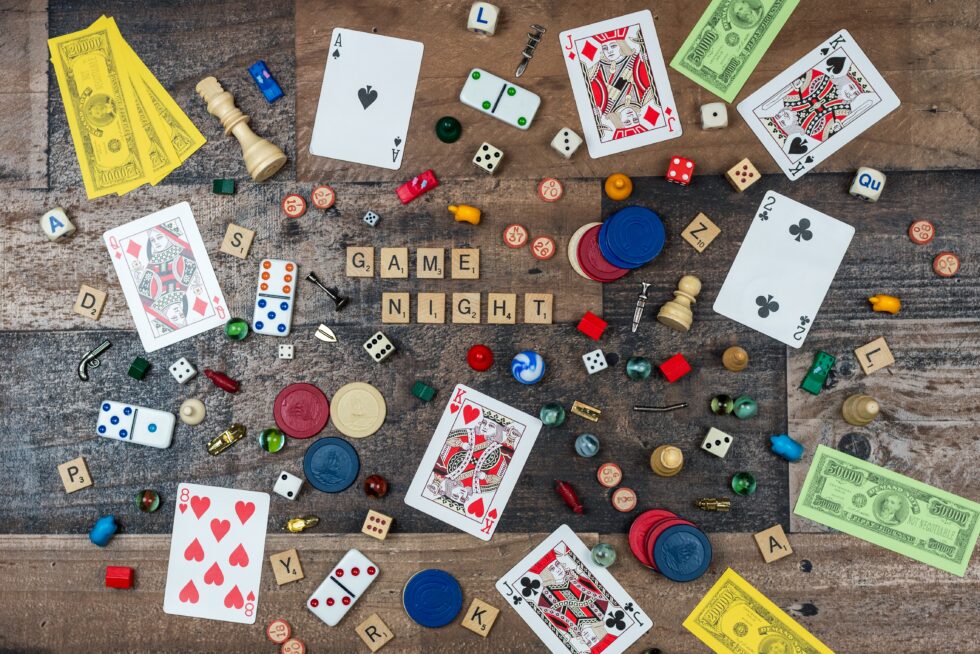For my first Playful Humans newsletter, I thought it would be good to share my definition of play.
Play – /plā/ verb:
Engaging in an autotelic activity that is freely chosen, challenging, requires your full focus on the present moment, and generates feelings of joy, wonder, and self-actualization.
Let’s break that down…
First of all, you might not know what autotelic means. It just means that the purpose of the activity is a bit meta. It is only valuable in and of itself as an activity. It is not for serious or practical purposes. However, that doesn’t mean that play is pointless or frivolous. It can be profoundly important and have tremendous purpose and results, and the feelings generated can be so powerful that they may even be one of the true meanings of life itself.
I believe the state of play is much like being in love. The point of being in love is to be love. The goal of play is to get to play. Play can be hard to define outside of “you know it when you feel it,” because it can take many forms, variations, and can be quite difficult to pin down. However, both play and love are desired states of being alive and our humanity.
The difference is that play isn’t valued the same as love. Adults in our society still value the pursuit of love to make their life better, more fulfilling. Other adults don’t judge you or adolescents if you are seeking more love in your life. However, I think our society has added a stigma to play because it is misunderstood. They think that play is the opposite of hard work, which is valued by our culture and organizations, but it is not true. The oppositive of work is sloth, boredom, and disengagement. Play is work done for your own pleasure.
How do we move play into the category of experiences that are valued in adult life? Share your ideas in the comments or join our private community for these conversations.
A great way to get started is to take our playful personality quiz and uncover your inner child’s favorite way to play!
Take the quiz at https://playfulhumans.com/quiz/

